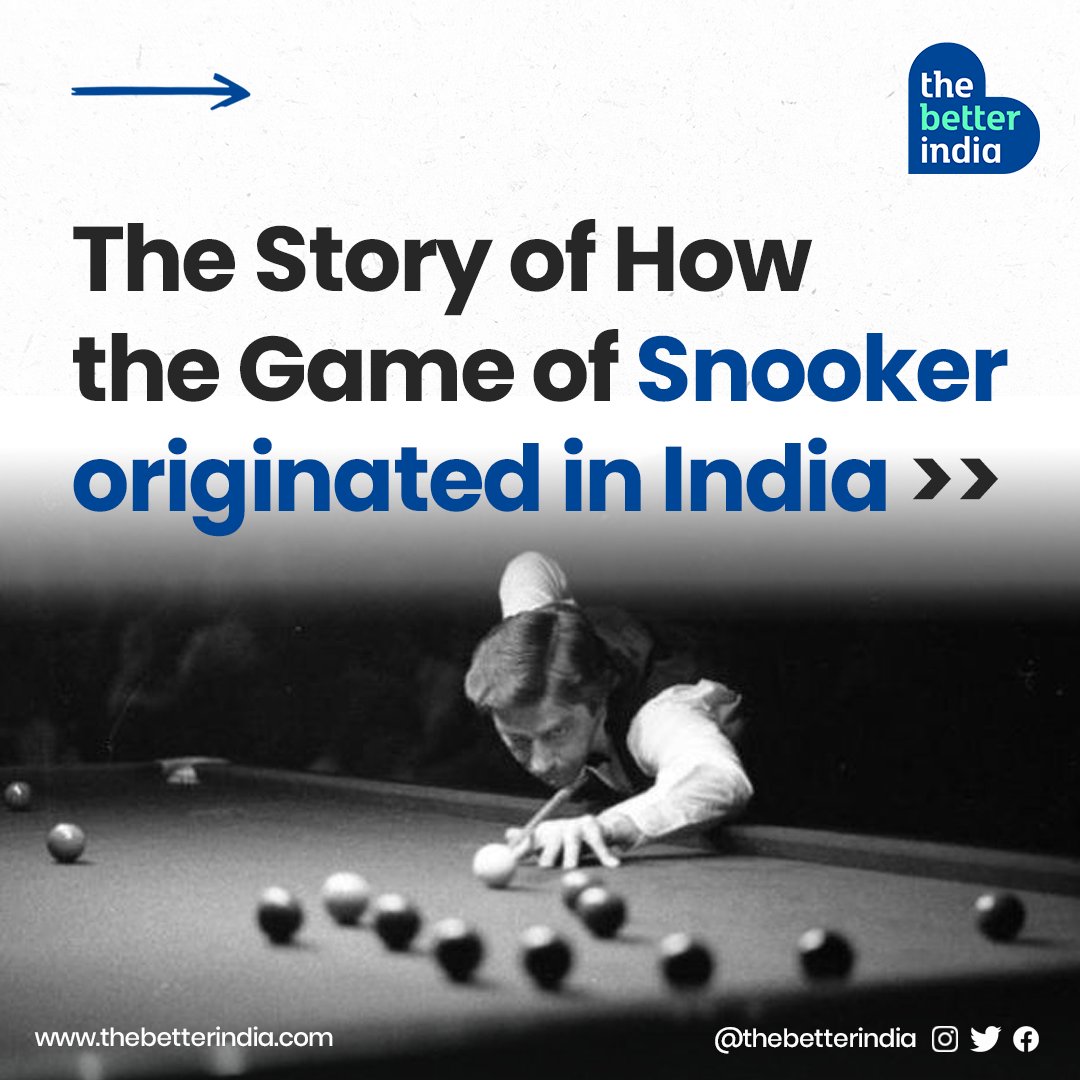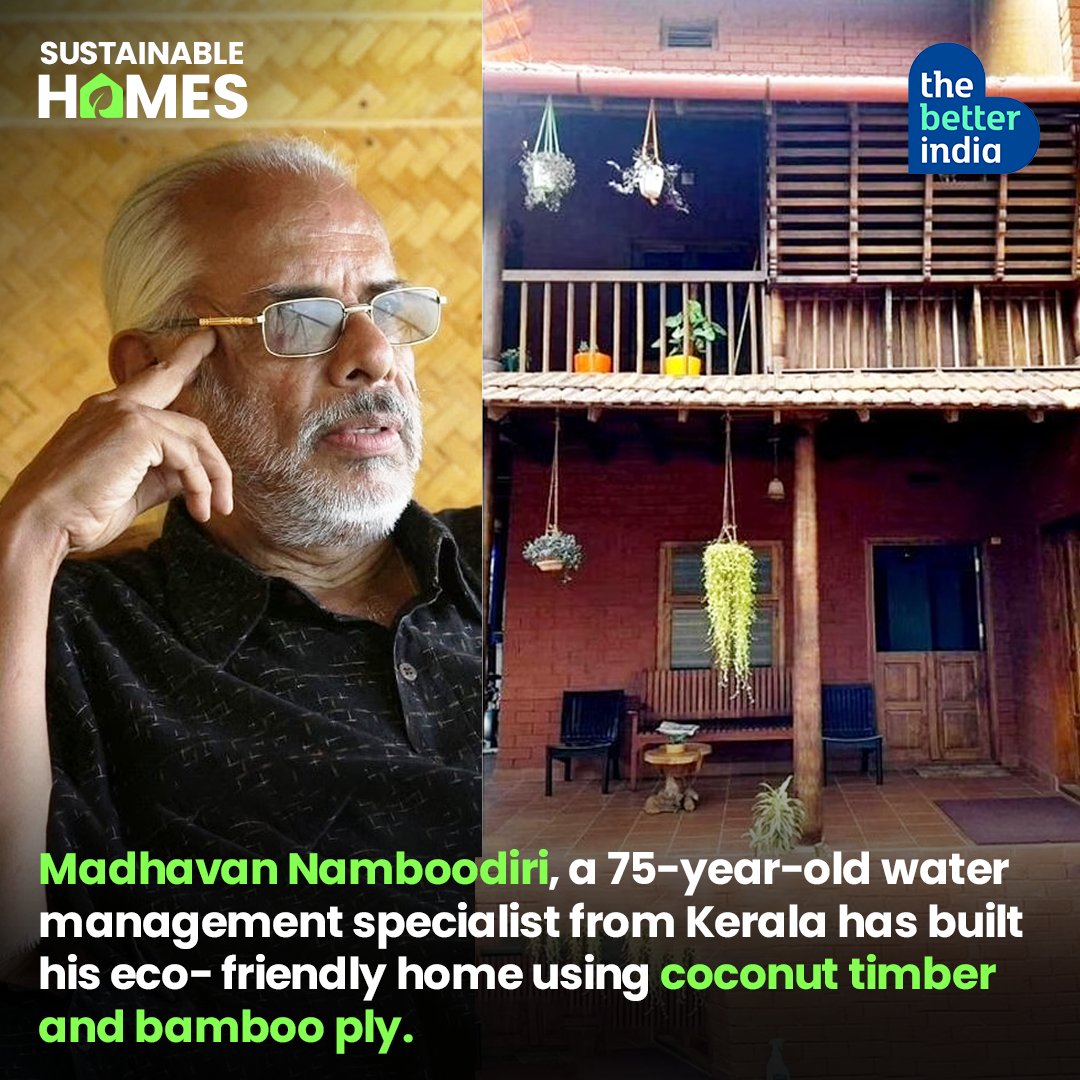
(1/9)
"Having practised as a gynaecologist for over 15 years, I held a prejudice towards unmarried and sexually active patients. Though I provided them with the same standard of care as my other patients, I must admit that I wasn’t completely judgment-free towards them.
"Having practised as a gynaecologist for over 15 years, I held a prejudice towards unmarried and sexually active patients. Though I provided them with the same standard of care as my other patients, I must admit that I wasn’t completely judgment-free towards them.

(2/9)
However,things began to shift drastically when I saw a patient in my clinic who came with complaints of unusually heavy bleeding.After much probing, she told me that she had consumed 30 tablets of the emergency contraceptive pill to abort her pregnancy as she was unmarried.
However,things began to shift drastically when I saw a patient in my clinic who came with complaints of unusually heavy bleeding.After much probing, she told me that she had consumed 30 tablets of the emergency contraceptive pill to abort her pregnancy as she was unmarried.
(3/9)
Perplexed, I asked her why she didn’t visit me or any other gynaecologist before consuming the tablets. She said she didn’t dare to do so as she had previously felt humiliated at a gynaecologist’s clinic, for they shamed her about being sexually active and unmarried.
Perplexed, I asked her why she didn’t visit me or any other gynaecologist before consuming the tablets. She said she didn’t dare to do so as she had previously felt humiliated at a gynaecologist’s clinic, for they shamed her about being sexually active and unmarried.
(4/9)
At that moment, my perspective began to shift, and I began treating all my patients, irrespective of their marital status, with empathy rather than judgment.
At that moment, my perspective began to shift, and I began treating all my patients, irrespective of their marital status, with empathy rather than judgment.
(5/9)
I was further propelled to take this up as a cause when I met my colleague at the NGO Sachhi Saheli, a young woman in her mid-twenties who claimed her space and was not ashamed of being a sexually active unmarried woman.
I was further propelled to take this up as a cause when I met my colleague at the NGO Sachhi Saheli, a young woman in her mid-twenties who claimed her space and was not ashamed of being a sexually active unmarried woman.
(6/9)
Meeting her and several others who had claimed their bodily autonomy made me understand that women, irrespective of their marital status, have the right to non-judgemental and safe SRH services.
Meeting her and several others who had claimed their bodily autonomy made me understand that women, irrespective of their marital status, have the right to non-judgemental and safe SRH services.
(7/9)
And thus began my journey of becoming a sexual and reproductive health (SRH) rights defender.
My work gained even more perspective as I had the chance to interact with young college women through an initiative called Menstrual Cafe, which Rikita started from Sachhi Saheli.
And thus began my journey of becoming a sexual and reproductive health (SRH) rights defender.
My work gained even more perspective as I had the chance to interact with young college women through an initiative called Menstrual Cafe, which Rikita started from Sachhi Saheli.
(8/9)
The cafe is currently functional in several Delhi University Colleges and is a campus program that aims at creating safe spaces for the youth to express themselves freely without any fear of judgment.
#SoulStories #SRH #NonJudgementalTreatment #TheBetterIndia
The cafe is currently functional in several Delhi University Colleges and is a campus program that aims at creating safe spaces for the youth to express themselves freely without any fear of judgment.
#SoulStories #SRH #NonJudgementalTreatment #TheBetterIndia
(9/9)
Our team at Sachhi Saheli recognized the need for non-judgemental care and treatment for all women alike – irrespective of their background, marital status, sexuality or gender orientation."
~ @drsurbhisingh22
Read more about her inspiring story: thebetterindia.com/289760/gynaeco…
Our team at Sachhi Saheli recognized the need for non-judgemental care and treatment for all women alike – irrespective of their background, marital status, sexuality or gender orientation."
~ @drsurbhisingh22
Read more about her inspiring story: thebetterindia.com/289760/gynaeco…
• • •
Missing some Tweet in this thread? You can try to
force a refresh






















